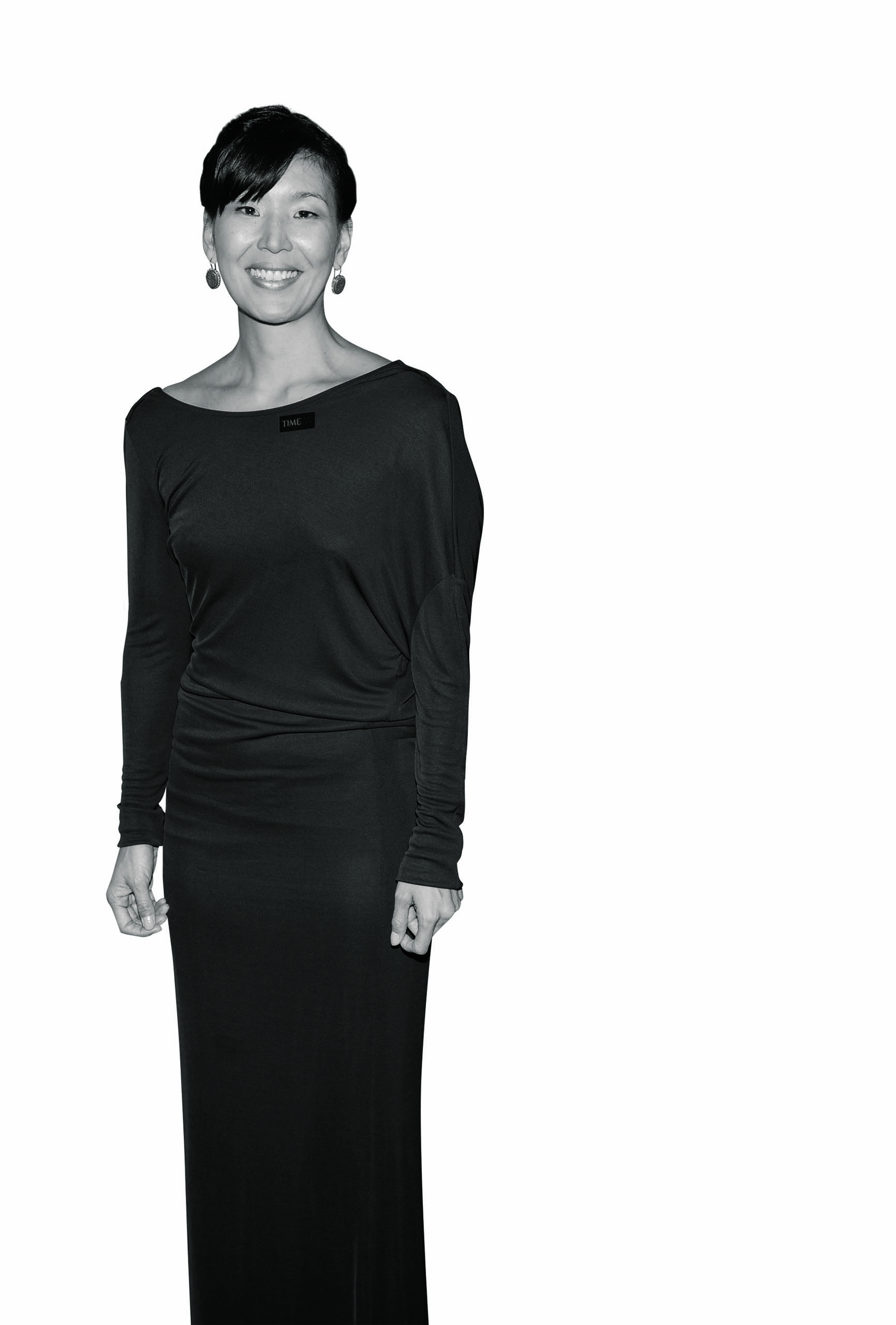
You’re well known for organizing domestic workers. How did you come to write The Age of Dignity, about the elderly?
Seven years ago, workers started coming to the National Domestic Workers Alliance [which she leads] saying they’d like training in elder care. Even though they were hired as housekeepers or nannies, they were called upon to take care of the aging relatives of their employers. It was an indication of this huge need that American families are experiencing for elder care. We realized there was a tremendous demographic shift.
Is this really what a 2014 MacArthur “genius” grant winner should spend brainpower on?
It absolutely is. By the year 2050, 27 million Americans will need some form of long-term care or assistance, just to meet their basic daily needs. If you’re very, very wealthy you can afford long-term-care insurance. If you’re very poor, you’ll be eligible for Medicaid. There’s nothing in between. So we’re headed toward, I do believe, a potential disaster.
What’s wrong with looking after the aged in nursing homes?
There are great nursing homes. The Green House Project is a different kind of model. But those are, I think, more the exception than the rule.
Elder care is also often done for low wages by new or undocumented immigrants. Will that change?
Manufacturing in the ’20s and ’30s was sweatshop work, largely done by new immigrants. We turned factory work into good jobs with pathways to opportunities. That professionalization was the basis for 20th century prosperity. That’s what the care workforce needs to be. These have the potential to be really good jobs.
You compare investing in home-care workers to investing in railways or the Internet. But aren’t those about growth, not dying?
For working-age adults right now, especially with what they call the sandwich generation–people who are caring for children and aging parents–this is having an impact on their productivity. People are having to leave the workforce. In fact, many people are calling it the panini generation, there’s so much squeezing. That’s why we call caregiving the work that makes all other work possible. It’s the invisible infrastructure of the economy.
Why did you talk about your fertility struggle in the book?
Millions of women go through this, and I feel like [there are parallels]: too many of us have been grappling with these challenges alone, in isolation, behind closed doors for too long.
Most caregivers are women. And their employers are women. Why do we hear about women treating their nannies and cleaning ladies badly?
I think most of us think of ourselves as employees. And nobody has ever explained to us what it means to employ someone, let alone in our own household, where it’s incredibly intimate and emotional.
What are the most common mistakes people make?
We’re asking employers to take the Fair Care Pledge. It’s three things: to commit to fair pay, paid time off, and an explicit agreement around the job expectations.
Four states have enacted domestic-worker bills. Who’s next?
Right now we’re working effectively in Connecticut and Illinois. And then for 2016, Colorado, Washington and New Jersey.
How tough was the name Ai-jen Poo to grow up with?
It was incredibly difficult. My house was a location of probably more prank calls than anybody else in the neighborhood. It gave me a tough skin.
–BELINDA LUSCOMBE
FOR MORE INTERVIEWS IN THIS SERIES, GO TO time.com/10questions
More Must-Reads from TIME
- How Donald Trump Won
- The Best Inventions of 2024
- Why Sleep Is the Key to Living Longer
- Robert Zemeckis Just Wants to Move You
- How to Break 8 Toxic Communication Habits
- Nicola Coughlan Bet on Herself—And Won
- Why Vinegar Is So Good for You
- Meet TIME's Newest Class of Next Generation Leaders
Contact us at letters@time.com